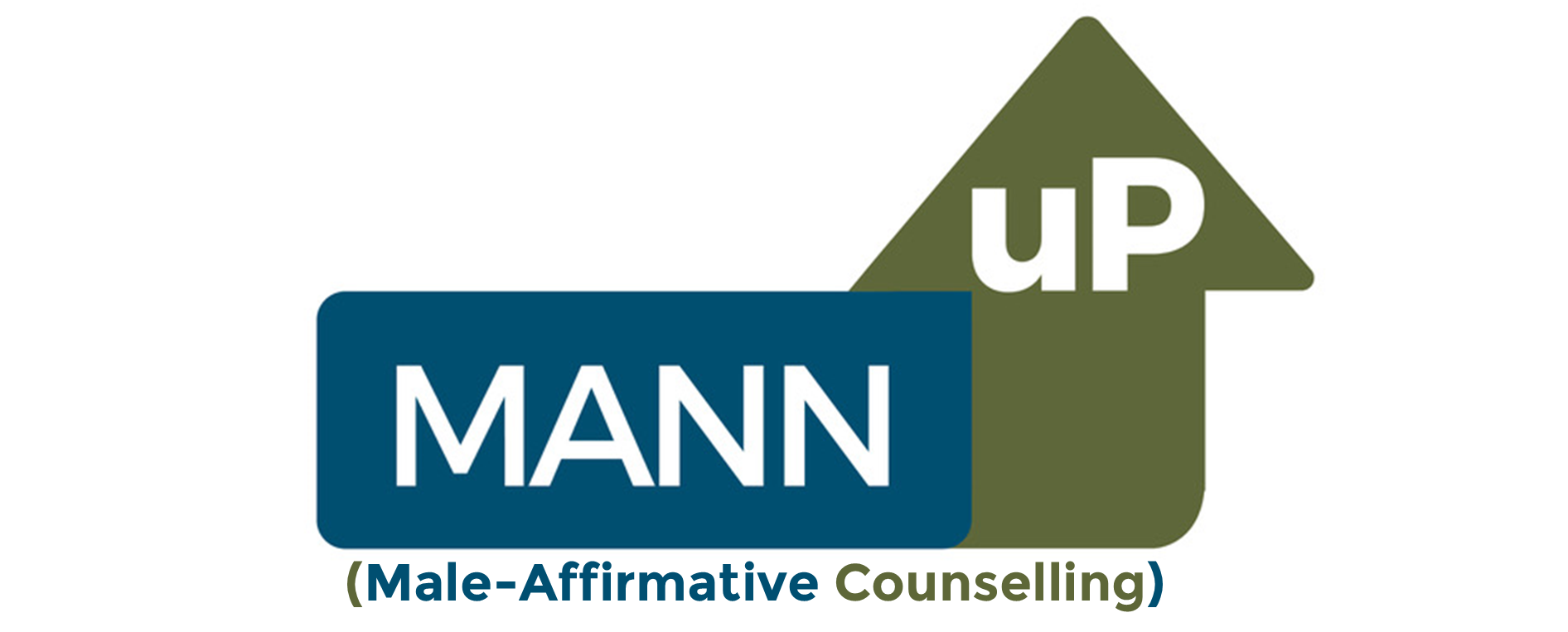 Have you ever struggled to figure out how you can make romance work for you? There can be no doubt that if positive, supportive and empowering, a romantic relationship can be one of the best ‘tools in your kit’ to help your maintain your optimum levels of psychological wellbeing, adding huge positive mental and emotional benefit into your life.
Have you ever struggled to figure out how you can make romance work for you? There can be no doubt that if positive, supportive and empowering, a romantic relationship can be one of the best ‘tools in your kit’ to help your maintain your optimum levels of psychological wellbeing, adding huge positive mental and emotional benefit into your life.
Conversely, if you are struggling to keep going in a romantic relationship that is full of tension, reluctant to leave a relationship that is no longer bringing you any satisfaction, or even finding it difficult to get started romantically, a relationship (or lack of it), can be a major source of mental and emotional pressure for you.
A romantic relationship is the coming together in a mental, emotional and physical sense of two individuals, each with their own distinct sets of aspirations, values and relational histories. Naturally it can be complicated business to blend all that together in a way that works out to be beneficial for both parties.
Even though romantic relationships are naturally and obviously complex to master, it is often times not until a relationship hurdle is encountered (in terms of trouble getting started, making it work or ending it) that conscious thought is given to making this part of your life right for you. Then the question can arise, where do you start?
So why not grab a quick cuppa, and take a few minutes to read the rest of this blog and help feel better prepared for what you do and do not want in a relationship, and how you might act when faced with relationship challenges.
Romantic Relationships: Did You Know?
- According to the Office for National Statistics website, in 2020 in England and Wales, 51% of males had never been married or in a civil partnership, 41% were married, 0.3% were in a civil partnership, 5% were divorced and 2.8% were widowers.
- According to the NimbleFins website, one in three marriages in the UK will end in divorce.
- According to a NISRA report the average age for getting married in Northern Ireland in 2020 for a male was 36.3 years old.
- According to the Psychology Today website, many males can be reluctant to admit they are lonely in case it was perceived as ‘weak’, and males tend to pursue group connections to combat loneliness, whereas women are more inclined to pursue one-on-one relationships.
- According to a report by Relate 22% of males admitted to having wrestled with the temptation to commit relationship infidelity compared to 13% of females.
- According to the Psychology today website single men have higher rates of depression and addiction than married men.
- According to a joint report by E Harmony and Relate 71% of single male respondents said that felt pressure to find a relationship.
- According to the ManKind Initiative website one in three victims of domestic abuse are males, yet half (49%) of male victims do not tell anyone they are experiencing domestic abuse, compared to 19% of female victims.
- According to the Office for National Statistics website, in the UK in 2019, 68.8% of those who identified as lesbian, gay or bisexual were single (never married or entered a civil partnership), compared to 34.4% of those who identified as heterosexual.
Benefits and Pitfalls of Romantic Relationships
Being in a secure and loving romantic relationship can bring the following benefits:
- Gives you someone to share life experiences with.
- Gives you someone to have a regular sexual relationship with.
- Gives you someone to plan for a family with.
- Gives you someone to share living expenses and daily chores with.
- Gives you mental and emotional support when you need it.
Being in a volatile or destructive romantic relationship can have the following pitfalls:
- Can bring stress and emotional turmoil into your life.
- Can damage your self-esteem and confidence.
- Can make you feel anxious and insecure.
- Can lead to you being manipulated or abused in some way.
- Can cut you off from the people and things you enjoy.
Starting your Romantic Relationship
Starting the right type of relationship for you, with the right person for you, at the right time in your life can help enrich your existence, whilst adding to your partner’s life too. If you are thinking about entering into a romantic relationship, why not prepare by asking yourself and honestly answering these questions.
Who do you want to have a relationship with?
Taking time to reflect on the type of partner you are looking for. What do you find physically attractive in another? What type of personality and character traits do you respond to best? Thinking about this will help you refine your partner preferences. Remember, although the views and opinions of friends and family on who is right for you might be enlightening, it is you who is going to be in the relationship, so pick the person that is right for you.
What type of relationship do you really want?
Again be honest with yourself here and do not be swayed by the opinions or behaviours of others. If you truly only want something casual in your life, there is nothing wrong with that, providing you are not deceiving others in the process, just look for a partner who wants the same thing. Conversely, if you know that what is right for you is a monogamous, long-term setup, then stick to that. You will most likely end up being miserable if you enter into a relationship with a partner who is not giving it the same level of commitment as you are.
How are you going to meet your new partner?
When you have a clearer picture of the type of partner and relationship that is right for you, then think how and where you will be most likely to connect with that type of person. Chances are your new partner is not going to come to your door, so be proactive about the search. That might involve going to a few bars or coffee shops, trying online dating, joining a social group, taking up a course or even asking friends and family if they know someone who you could be introduced to.
Dealing with Challenges in your Romantic Relationship
The VeryWellMind website reports nearly all romantic relationships will go through a ‘crisis stage’ which can make or break the relationship. This will see the relationship bond drift apart somewhat, where either the couple will keep drifting (until the relationship ends), or they will come back together again.
Stresses in a relationship are to be expected, and often can be the basis for learning and growth that can make the bond between you even stronger once a challenge has been worked on and overcome together.
Those stresses can be activated by external factors such as money worries, job pressures or family tensions. Or they can be internal factors such as feeling taken for granted, exploited or unfulfilled.
If your romantic relationship is at a 'crisis point', try to step back a bit from the mental agitation and emotional activation and with as cool a head as possible ask yourself, do you really want to continue?
If the answer in your heart of hearts is no, then it may be time to move towards ending the relationship, to free up both you and your partner to move onto a more satisfying future romance.
If you do want the relationship, you just don’t want the hassle, then it will be about both you and your partner jointly taking a problem-solving approach, by being honest about what is not working, and focusing not on blame and criticism, but rather on what can and should be done to make things better for all sides.
It may be that as a couple you will need some mediation to help you communicate openly and respectfully with each other, organisations such as Relate NI which specialise in couples therapy may be a good support.
Ending your Romantic Relationship
If you are no longer satisfied in your relationship and you do not have the interest in repairing or reframing it, Or it has become so detrimental that it is becoming ‘toxic’ for your own personal wellbeing, it maybe time to abandon ship and get ready to end things.
Ending a relationship, even if it is your choice, will never be easy as it will involve change.
Change in terms of not having that person in your life, change perhaps in your living circumstances and finances, change in your family or social connectivity, and even changes in terms of how you define yourself (as being single as opposed to being part of a couple).
If the time has come, prepare for that change in these ways:
- Be sure in your own mind that you want the relationship to end and why.
- Prepare for any practical changes ending the relationship will bring about.
- Think about and prepare for how you are going to tell your partner.
- Think about when and where to tell your partner.
- Think about the actions you will need to take once you tell your partner.
how mann up can help
MANN uP does not currently offer couples therapy, but it can work with individuals at any of the three romantic relationship stages outlined (starting, dealing with challenges or ending), to help you get clarity on:
- Who you want to be in a relationship with.
- What type of relationship you want.
- How best to find the right partner for you.
- What the challenges are in your relationship.
- How you feel about challenges in your relationship.
- What you want to do about challenges in your relationship.
- Is it time to end your relationship.
- How will you prepare and go about ending your relationship.
- How will you care for yourself when your relationship ends.
